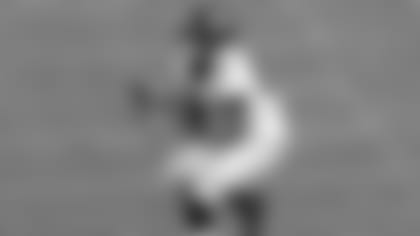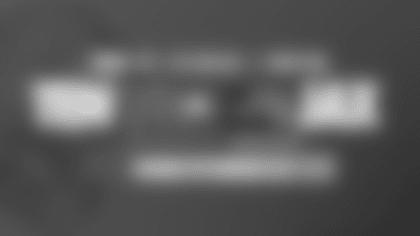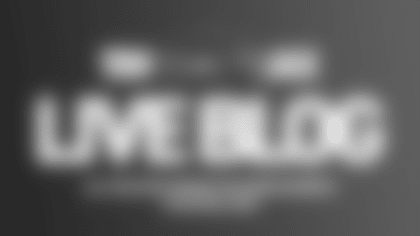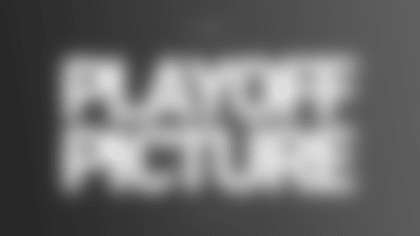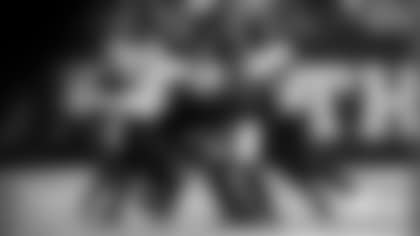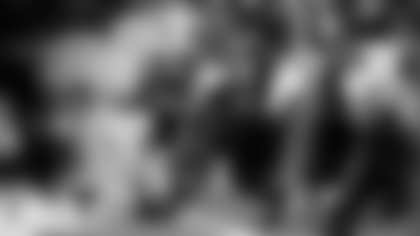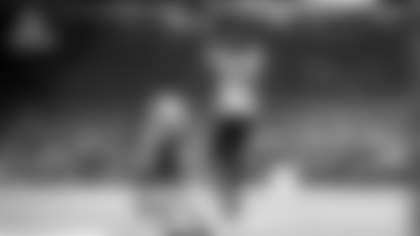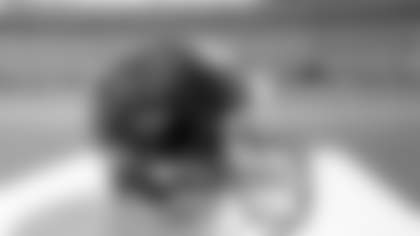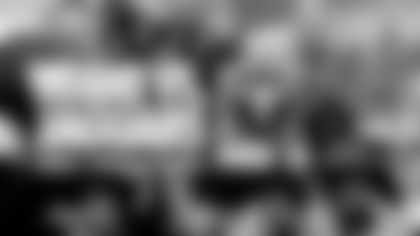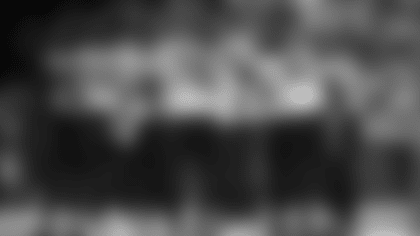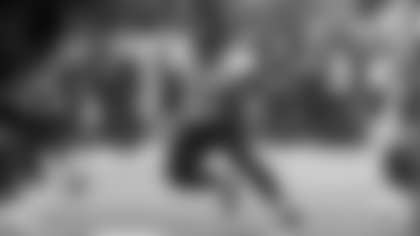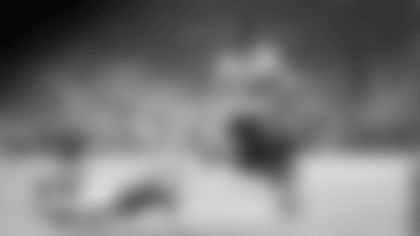OAKLAND, Cal. – This one hurt.
Above everything else – a chaotic, injury-dominated first half; the disappointing offensive struggles of the second half; that helpless feeling as a feel-good victory turned into another gut-wrenching afternoon – that was the takeaway of a 26-23 overtime loss to the Oakland Raiders Sunday: that this one hurt the Jaguars. And it hurt a lot.
The Jaguars didn't quit. Not even close. They fought and clawed and scrapped.
The defense played maybe its best game, and early on, Blaine Gabbert and the offense showed serious signs of life. They led by 14 points, not once, but twice.
Things looked good. Very good.
It wasn't enough, and after the Jaguars lost a two-touchdown second-half lead, they are faced with a 1-5 record and an immediate future with the status of not only Maurice Jones-Drew uncertain, but of quarterback Blaine Gabbert, too.
The immediate aftermath was this, too:
It was disappointment. It was heartbreak. It was perplexing. And it was painful.
"It stings for everybody," Jaguars Head Coach Mike Mularkey said.
It hurt for any number of reasons, some of them physical.
It's too early to know the seriousness of injuries to Gabbert and Jones-Drew. Gabbert's was a left shoulder, and although he played for three series after the second-quarter injury, he spent the second half in a sweatshirt on the sideline while backup Chad Henne struggled series after series.
Jones-Drew? His was a foot, and the NFL's leading rusher last season spent the second half on crutches in a ski cap and sweatshirt, putting no pressure on the foot.
Consider those last two paragraphs a minute:
As if this team hasn't struggled enough, as if the task of recovering from 1-4 didn't seem daunting enough, you lose Jones-Drew early in the first quarter. At first, that didn't seem to matter, because for a quarter and a half, Gabbert looked good. Maybe not great, but good. After a 42-yard touchdown pass to Cecil Shorts he had a 158.3 passer rating, and though he wasn't perfect after that, he was solid, and this offense that had struggled through a lot of the first five weeks showed some potential.
Then Gabbert sustained a shoulder injury on an offside play early in the second quarter and after playing through pain for a few series, it was decided he couldn't anymore. And after that . . .
And, well, Mularkey said it best. After that, the offense was "inept." Two second-half first downs, and 54 yards in that half.
Slowly, inevitably, the Raiders cut into the lead. A 20-6 lead became 20-13, and the Raiders' raucous, rowdy, unruly fans sensed it turning. A sack/fumble forced by Terrance Knighton was recovered by C.J. Mosley and you thought, "Maybe," but despite starting on the Raiders 24, the Jaguars settled for a 45-yard field goal by Josh Scobee, and the 10-point lead felt a lot smaller.
Know this:
The Jaguars fought, and defensively this team deserves lot of credit. The Jaguars blitzed as effectively as at any time in memory, and a much-maligned defensive line played maybe its best game of the season. Andre Branch. Terrance Knighton. C.J. Mosley. Jeremy Mincey.
They all showed up, and others did, too, but when an offense converts 1 of 15 third downs, and when it gains about 100 yards in the final three quarters, it's hard to win. The Raiders cut it to a touchdown with 6:52 remaining, and one play after an interference penalty on cornerback Aaron Ross, Carson Palmer tied it with a 1-yard sneak with 3:34 remaining.
The Jaguars' best offense of the second half came next, but it was only one play. Rashad Jennings turned a short pass into a 26-yard gain, and Henne threw 17 yards to Shorts on the ensuing play. For an instant, the Jaguars were at the Oakland 37, but Shorts was called for offensive pass interference, and the offense never really threatened after that.
Where does the loss leave the Jaguars? Not in a good place, certainly. You don't write off a season at 1-5, even with an injury to your best player, but a punch in the gut is a punch in the gut, and to further that analogy, with this one the Jaguars are doubling over.
Not that there's no fight. And it's certainly not a case of not having fire.
In the locker room, after the game, Jones-Drew addressed the team. Gabbert did, too. Jones-Drew's point, as Gabbert said later: "It's not one guy. There are 53 active guys on this roster on game day. It's all of our duties to play at a high level and win games."
"We had to reiterate that nothing is going to stop this until we stop this," Gabbert said later. "It's up to the players in this locker room."
That pretty much summed up Mularkey's stance after the game, too. Mularkey said he never had a sense of quit on the sideline, that the mood was upbeat and positive all the way to the end. At the same time, he said, that's what made the loss so disappointing.
"We're finding ways to not win these games instead of finding ways to win them," Mularkey said. "At some point, it's got to turn. . . . At some point, you have to draw a line and go, 'Enough is enough.' I think when we get to that point, there will be different outcomes, but we're not to that point yet."
No, they're not, and because they're not, they left Oakland four games under .500 faced with a long, long flight home and yet another painful, stinging feeling.


